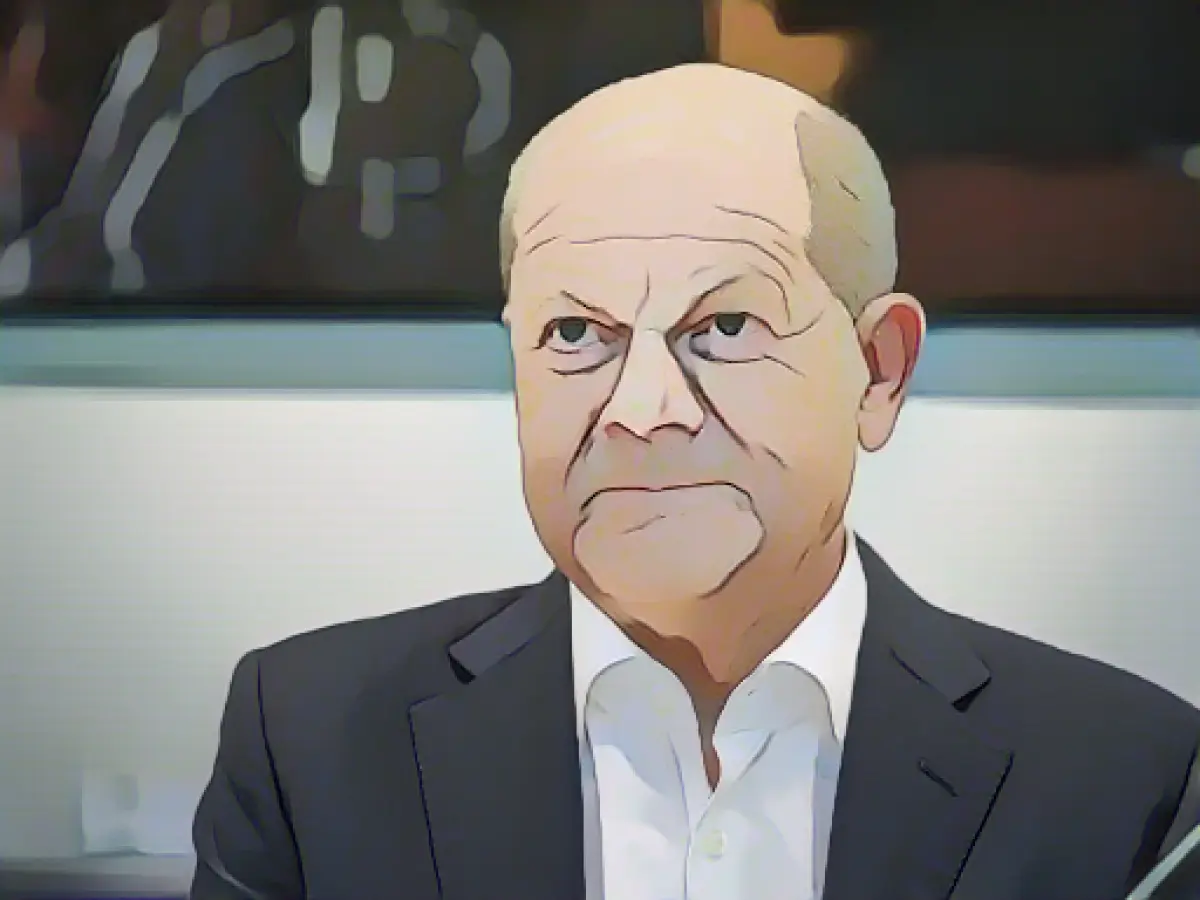"Jusos Take Aim at Scholz: Criticism Rising from the Ranks"
The Jusos, the youth wing of Germany's Social Democratic Party (SPD), have recently become more vocal in their criticism of Chancellor Olaf Scholz. This change in tone and approach could pose challenges for Scholz as the German federal elections approach in 2023.
The Jusos' criticism stems from Scholz's comments about potential large-scale deportations, which the youth organization deemed akin to right-wing rhetoric. This is a departure from their more silent period in recent years and marks a significant shift in the dynamic between Scholz and the Jusos.
Two candidates, Sarah Mohamed and Philipp Türmer, are vying for the Juso chairmanship. Their outspoken criticisms of Chancellor Scholz and their calls for a more critical stance have turned heads in the SPD. Türmer, in particular, has emphasized the need for the Jusos to be more critical of Scholz's policies, asserting that he would distance himself from the chancellor if he feels the SPD is not pursuing social democratic principles.
This shift away from a calmer leadership style, as represented by previous Juso leader Jessica Rosenthal, has been welcomed by some within the SPD. However, others argue that Rosenthal's approach was necessary to ensure the Jusos had a voice within the party without creating divisions.
The biggest points of contention between the Jusos and Scholz are likely to be migration and asylum policy and the AfD's strong poll ratings. The Jusos have already made it clear that they do not agree with Scholz's call for more deportations, potentially setting up for a confrontation between the young socialists and the parent party.
Chancellor Scholz has so far chosen to skip the Juso Federal Congress, citing scheduling reasons. However, Türmer is confident that the messages and demands from the Jusos will still be heard, even if Scholz is not in attendance.
Insights
The enrichment data suggest that the Jusos' criticisms of Scholz may be fueled by broader political tensions and controversies, such as the racism accusations levied against Scholz earlier this year and the ongoing debates about migration and asylum policies. Additionally, the SPD, in general, is predicted to face significant losses in the upcoming elections, and the controversy surrounding Scholz's comments has been seized upon by the opposition to criticize his leadership and policies.
[1]
[2]
[3]
[4]




